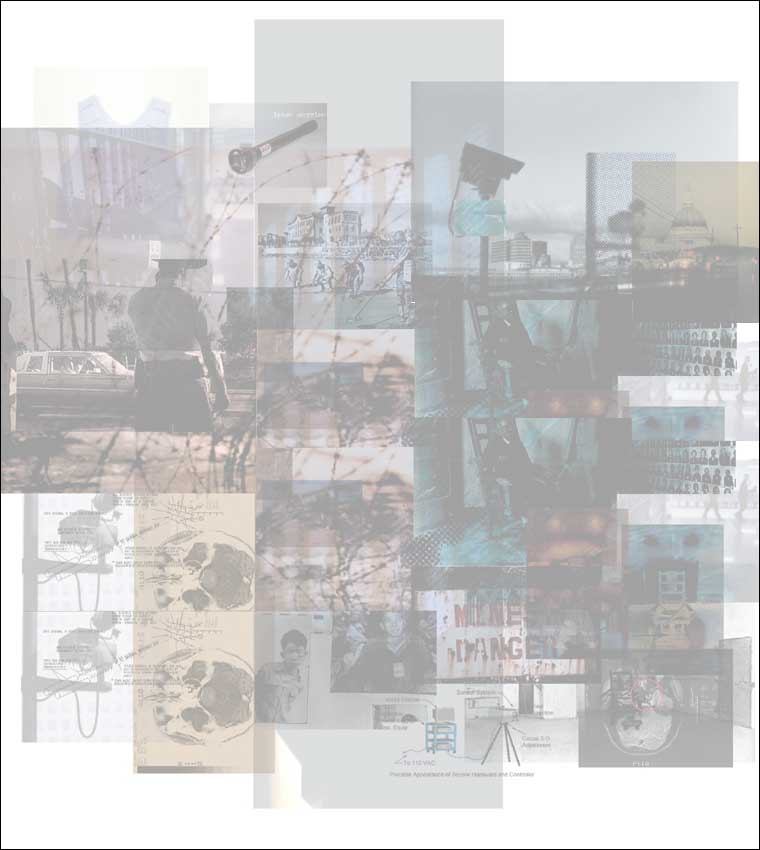 |
 |

The spread of information and communication technologies is not merely a question of tools. It puts political and social processes on a new footing, threatening to erode many of the established civil rights and liberties.
Policing tools for the information age. Technologies
of political control are tools used by the state for policing purposes. The
rise of so-called pre-emptive policing has generated a large number of such
purposes. Advances in information and communication technologies have helped
produce a plethora of new repressive technologies.
By today's technological standards, the familiar batons, handcuffs and pistols dangling from the police guard's waist belt represent a stone age stage of development.
ICT-supported new technologies have projected the power of policing into completely new areas, while the new boom in non-lethal weapons erodes the boundaries between the police and the military. Areas in which the boundaries between legitimate law enforcement and advanced state suppression are diffuse, and where protective norms such as human rights are technically suppressed.
The new technologies of political control have facilitated the automatisation of repressive power, and the erosion of civil liberties.
"The unchecked … proliferation of the technologies of political control … present a powerful threat to civil liberties … The real threat to civil liberties and human rights in the future is as likely to arise from an incremental erosion, than it is from some conscious plan." (Steve Wright, author of the study on technologies of political control for the EU's STOA office)
The global market of repression. Technologies of political control are a thriving business. Producers inhabit a protected market, with governments as their only customers. Enjoying high profit margins, the industry thrives on human rights violations, low-level warfare and protracted intra-state conflicts around the world.
The arsenal of technologies of political control is a powerful threat to democratic governance.
"Some of these technologies are highly sensitive politically, and without proper regulation they can threaten or undermine many of the human rights enshrined in international law, such as the rights of assembly, privacy, due process, freedom of political and cultural expression, and protection from torture, arbitrary arrest, cruel and inhumane punishments and extra-judicial execution." (Steve Wright)